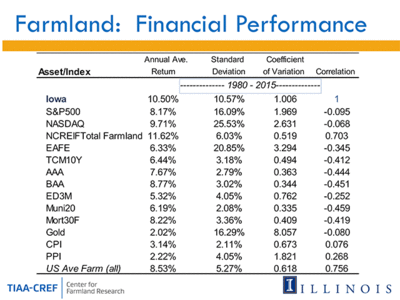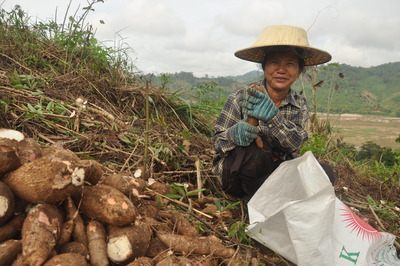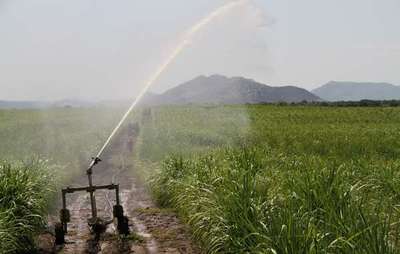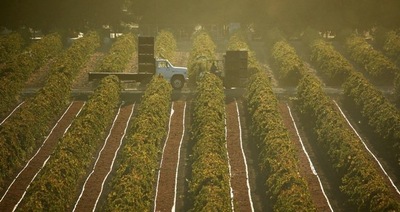North Dakota rejects corporate farm ownership by 3-to-1 Margin
- CommonDreams
- 15 June 2016
"The results are a strong message that the people don't want corporate farming in North Dakota."

"The results are a strong message that the people don't want corporate farming in North Dakota."

Wall Street remains enamored with US and international farmland, speakers at a Farm Foundation meeting in Louisville said last week.

Industrial agriculture and financial sectors are hand-in-hand worsening climate change and then profiting from it, with an unprecedented number of land grabs over the last eight years.

Global investors have spent more than $90 billion buying agricultural lands the size of Finland in deals criticized by rights groups for displacing small farmers, according to research published on Tuesday.

Capital is appropriating our territories. Hence, we must respond by turning the struggle for land into a struggle for territory.

While 'food security-driven land grabbing' has subsided in recent years, 'plain old profit-driven agribusiness expansion is now the dominant agenda'.

Eight years after releasing its first report on land grabbing, GRAIN publishes a new dataset documenting nearly 500 cases of land grabbing around the world.

IFC, a member of the World Bank Group, will provide a debt financing package to Astarta, a leading agricultural producer, as part of broader efforts to support Ukraine's farming sector and spur economic development in the country.

Ethiopia’s development of Chinese-backed sugar plants in the country’s south, part of a plan to become one of the world’s top 10 exporters, is struggling because of a lack of funding and technical expertise, a research group said.

Private investments in Moroccan state-owned land leased to farmers and investors reached $1.4 billion by the end of 2015, with 111,000 hectares allocated in the last two years

Starting in 1932, North Dakota law barred nonfamily corporations from owning farmland or operating farms. But that changed in March of last year when the state Legislature passed a bill that would relax the corporate farming ban and Gov. Jack Dalrymple signed it into law.

Glencore Plc agreed to sell just-under a 10 percent stake in its agriculture unit to Canada’s British Columbia Investment Management Corp. for $624.9 million in cash as it continues to cut debt.